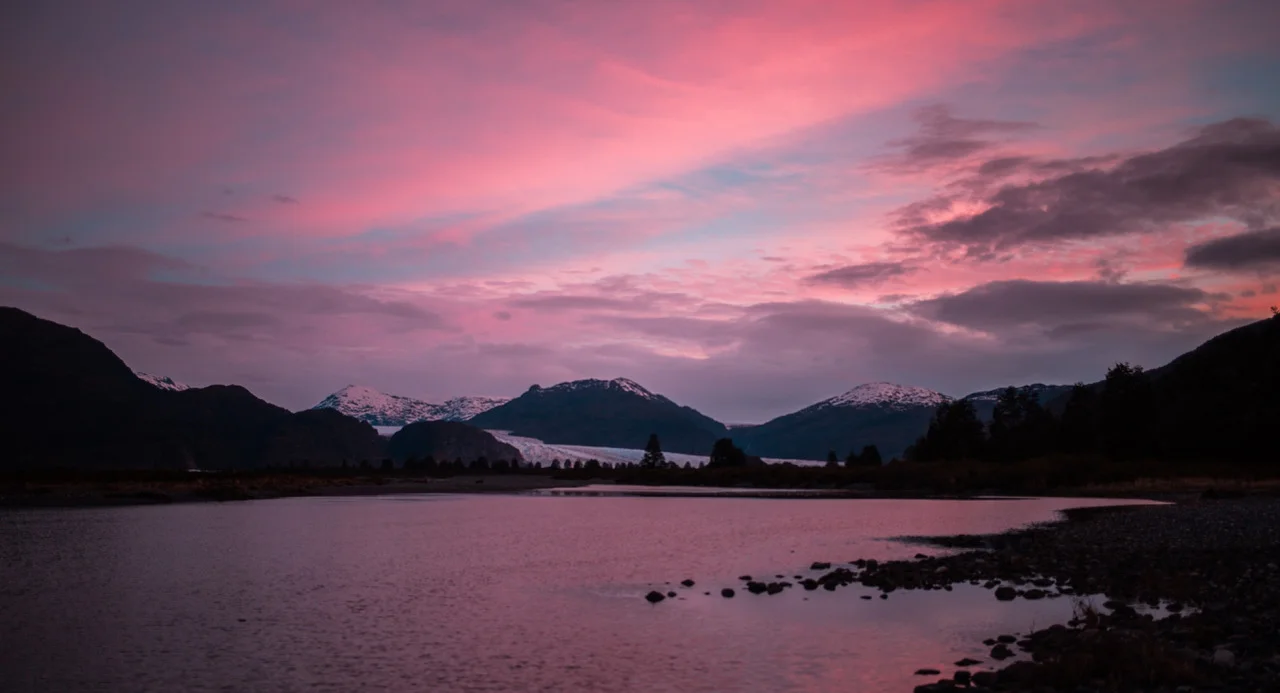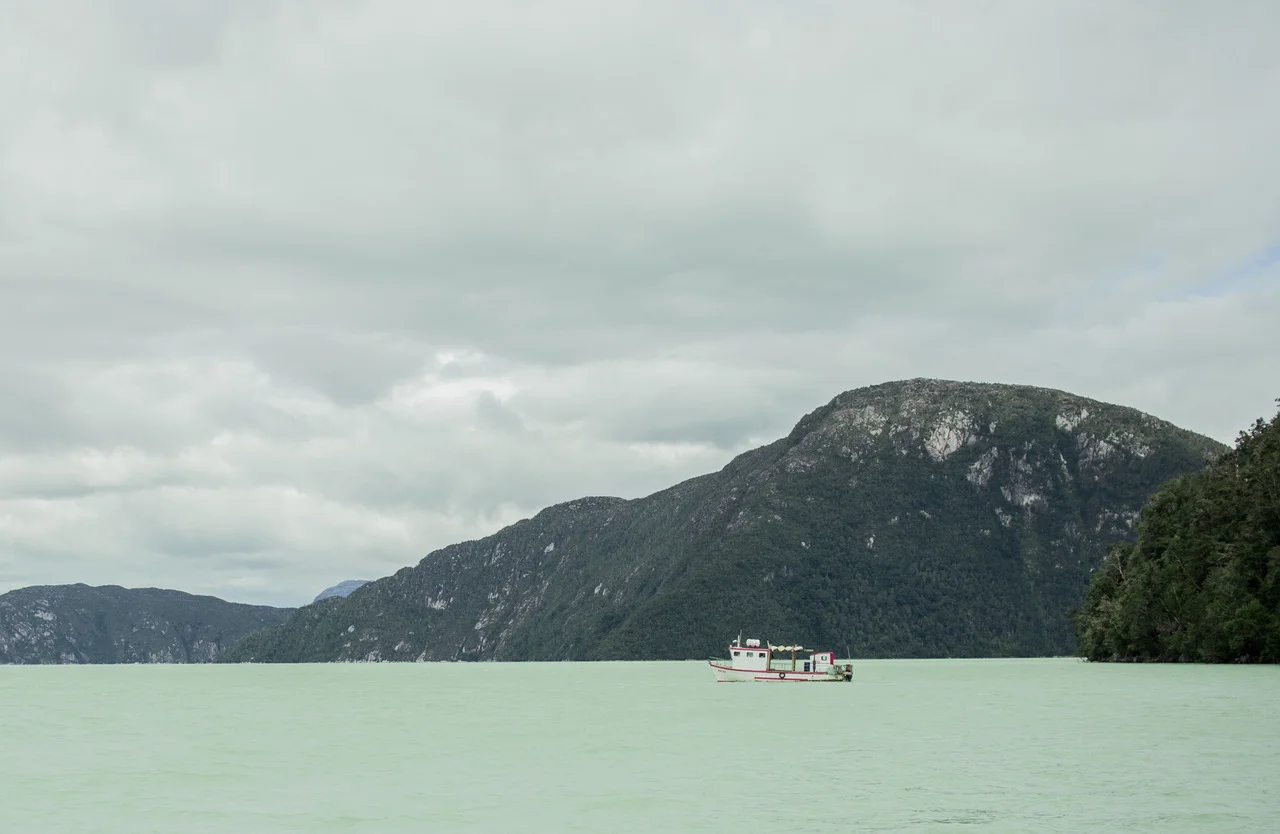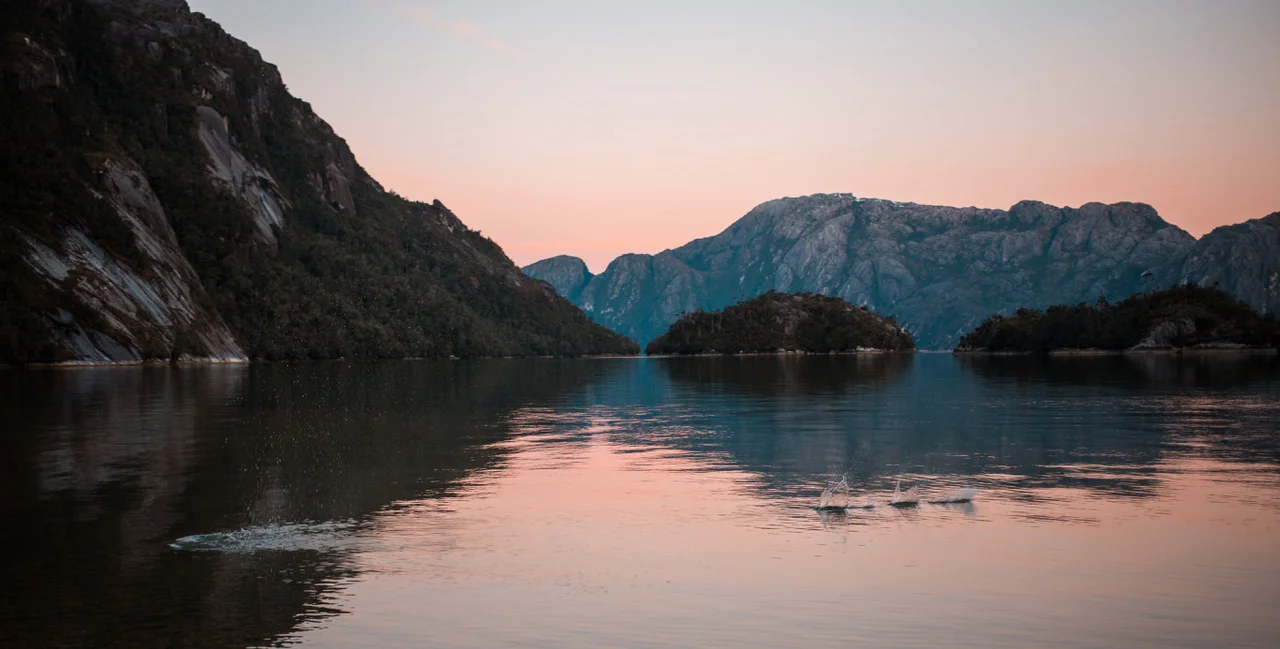Reflecting on Patagonia
I am sitting in a coffee shop in downtown Bozeman on a warm summer night. The air is warm but not humid. Someone must be smoking a cigarette outside because I am catching a draft of it. This is one of the warmer days of the summer, and my legs are sweating in my jeans. Maybe I should have worn shorts today, but I will head home in an hour or so.
I am sitting in this shop after a full day of work, and am doing some things for the website. Trying to optimize views on platforms, creatively reaching out to others, etc. All things that have become part of my daily routine after moving out west and attempting to grow The Angler’s Hatch.
Lots of posts like these that I read from other blogs across the web talk about their day on the water where they caught lots of fish, their last day on the water, and so on. I’m about to tell you a story that actually came to mind when sitting in this exceptionally warm coffee shop.
Last fall I visited Patagonia for an adventure of a lifetime. Named “land of big feet” by Magellan, when he first came through here on his world expedition in 1520. I had seen many pictures and videos of Patagonia, heard some stories, and knew that it was wild.
Everyone I talked to or told that I was going to Patagonia for a semester told me it was “wild”. Along the way it began to get old, and I just wanted to go down there and see for myself what the talk was all about.
The date grew closer, and before I knew it I was on the 10 hour flight from Atlanta to Santiago, Chile. From there I took another flight to a region airport named Balmaceda, and then took an hour taxi to Coyhaique.
It rained the first couple of days that I arrived, and as we prepared for our mountaineering expedition we were unsure if the weather would allow for us to begin. Low pressure systems and snow caused for difficult travel on less than ideal highways, but we began with no expectations and lots of warm clothes.
30 days later we exited the mountains and moved to the sea kayak. We then spent 30 more days paddling though the fjords and channels of Southern Patagonia, a truly surreal place that made you fight, cry, and yell in joy and pain. The mountains did that too, but on the sea it was a bit warmer which made things a bit more bearable.
After 60 days with instructors, teams of students ventured into the mountains for 8 days with only their backpacks, a map, some food, and a GPS. The goal was to get from point A to point B without having to evac. anyone or find yourself lost.
My adventure in Patagonia is so full of memories, grueling and joyful experiences, and other stories that it almost is easier to explain it in the most simple of ways.
A thought came to my mind while I was sitting in that coffee shop. I had not truly sat down to reflect on my time in Patagonia, for after I returned I turned around and spent another 90 days in the field with NOLS in the U.S West. That trip is a whole different story, one with hot desert days, skiing in chest deep snow, and sleeping in igloos.
Looking back on it now, I can pull a couple of things from the expedition that have come into perspective. Most of the time when students come back from something like this they say that it changed their life. I have to agree, and wonder what the students who say that a trip like this didn’t were doing the whole time.
I now realize that anything I will face will never be as difficult as what I put my body and mind through in Patagonia. I pushed myself to work the hardest, learn all that I could, and take it all in because I knew that this trip would be something I look back on for the rest of my life.
Patagonia did change me. I’m not sure if it was sleeping in the snow for 30 days, the cold extremities being shoved in frozen mountaineering boots, boiling water spilled on my hands countless times, the sand flies and calluses on my hands, the lack of food, or the true endurance that it took to complete the course, but I know that after going through that I can put my head down and do anything.


